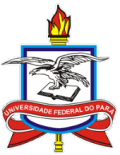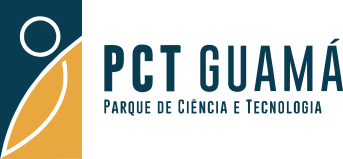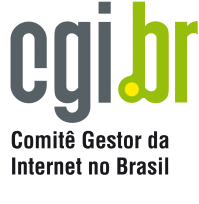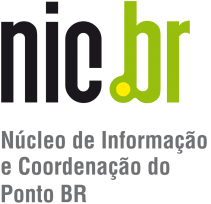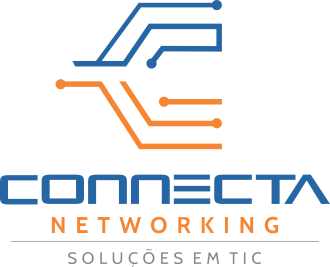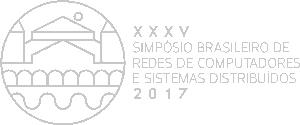VII WORKSHOP ON AUTONOMIC DISTRIBUTED SYSTEMS (WoSiDA)
PRESENTATION
Advances in network and computing technologies are resulting in increasingly complex distributed systems and applications that are hard to manage, especially when the related services are required to be scalable, secure, and continuously available. Adapting at run time is required to cope with challenges such as resource variability, changing user requirements, and system intrusions or faults. As a consequence, these systems need the ability to be self-manageable, continually reconfiguring and tuning themselves to attain certain goals while keeping its complexity hidden from the users. Therefore, the study of such self-managing systems has received a great deal of attention in many computing areas, such as robotics, software engineering, network management, automation and control systems, fault-tolerant and dependable computing, and biological computing. Among the efforts to study and understand self-managing systems, the autonomic computing paradigm, inspired by the human autonomic nervous system, is being adopted by many for the design of systems and applications that must work in accordance with high-level guidance from humans, and are characterized by the so-called self-* properties (such as self-configuration, self-healing, self-optimization, self-protection, etc.). This workshop aims at bringing together researchers and practitioners from the distributed systems community to discuss the fundamental principles, state of the art, and critical challenges of self-managing or autonomic distributed systems. The workshop not only focuses on distributed system models and algorithms, but also on the related software engineering aspects, tools, and technologies, that can be used to support self-managing behavior in distributed systems.
Topics of Interest
The topics of interest include, but are not limited to:
- Distributed system models and algorithms
- Programming, design, middleware and language support for autonomic distributed systems
- Modeling and analysis of autonomic distributed systems
- Verification and validation of autonomic distributed systems
- self-organizing aspects as a support to autonomic behavior in Grids, Cloud Computing, P2P systems, and sensor networks
- Dependability aspects of autonomic distributed systems
- Self-organizing aspects as a support to autonomic behavior in Grids, P2P
systems, and sensor networks - Bio-inspired algorithms and techniques for autonomic distributed systems
- Autonomic networking
Important Dates
Paper submissions due: March 31, 2017
April 17, 2017 – firm date
Notification of acceptance: April 15, 2017
April 28, 2017
Final papers due: April 21, 2017
May 1, 2017
Date of the event: May 15, 2017
Authors Guidelines
Paper submission will be done exclusively using the JEMS system, clicking here. Authors are invited to submit position papers of a maximum 6 page length in the SBC format (written in English, Portuguese, or Spanish). The program committee will favor papers that are likely to generate discussions at the workshop and those that are supported by some form of experimental validation, including but not limited to implementations.
At least one author of an accepted paper must register at the symposium and present the paper at the workshop.
Organizing Committee
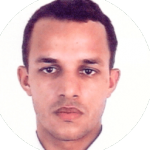
Allan Edgard Silva Freitas (IFBA)
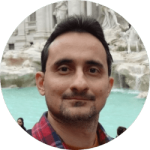
Emanuel Ferreira Coutinho (UFC)
Contact
allan@ifba.edu.br
emanuel@virtual.ufc.br
Program Committee
Alirio Sá (UFBA, Brazil)
Allan Freitas (IFBA, Brazil)
Alysson Bessani (University of Lisbon, Portugal)
Antonio Casimiro (University of Lisbon, Portugal)
Diego Garcia (UFOP, Brazil)
Emanuel Coutinho (UFC, Brazil)
Fabio Costa (UFG, Brazil)
Flávio Assis Silva (UFBA, Brazil)
Francisco Cruz (University of Minho, Portugal)
Luis Rodrigues (INESC-ID/IST, Portugal)
Marcos Barreto (UFBA, Brazil)
Mauro Oliveira (IFCE, Brazil)
Nazim Agoulmine (University of Evry, France)
Raimundo Macedo (UFBA, Brazil)
Sand Correa (UFG, Brazil)
Sandro Andrade Federal (IFBA, Brazil)
Sérgio Gorender (UFBA, Brazil)
Tales Heimfarth (UFLA, Brazil)


